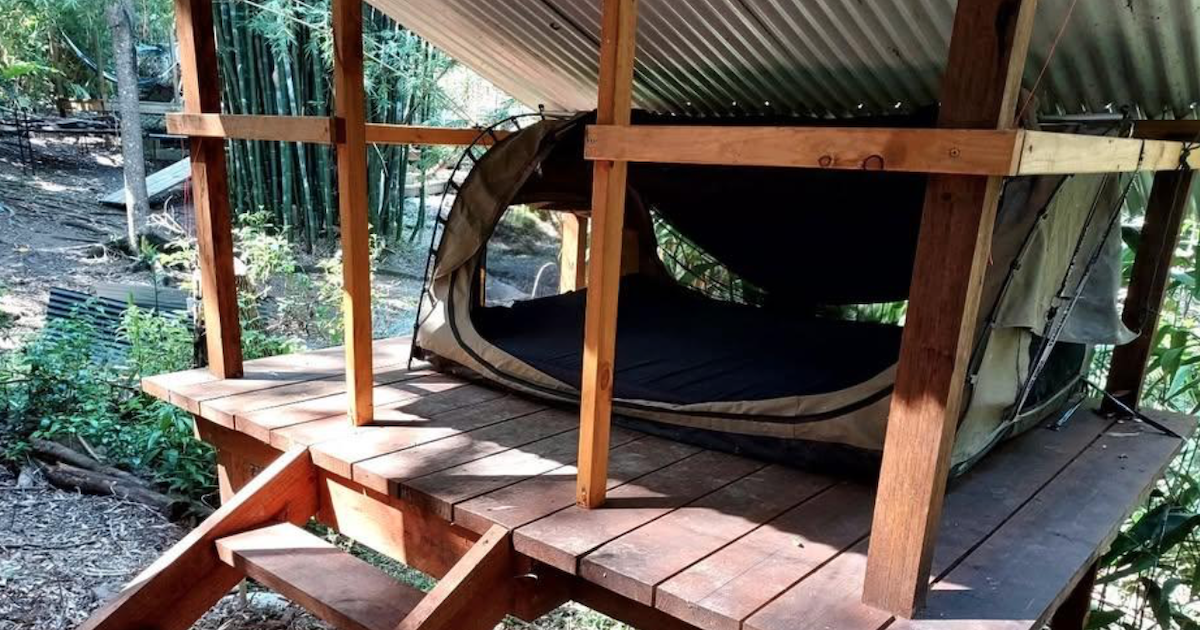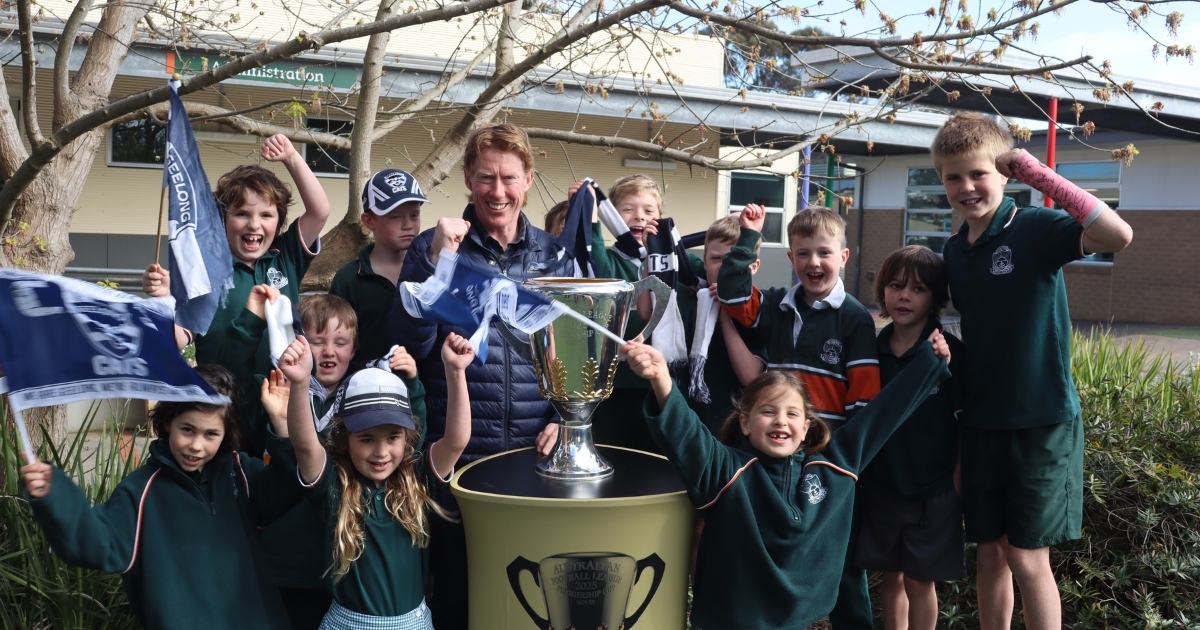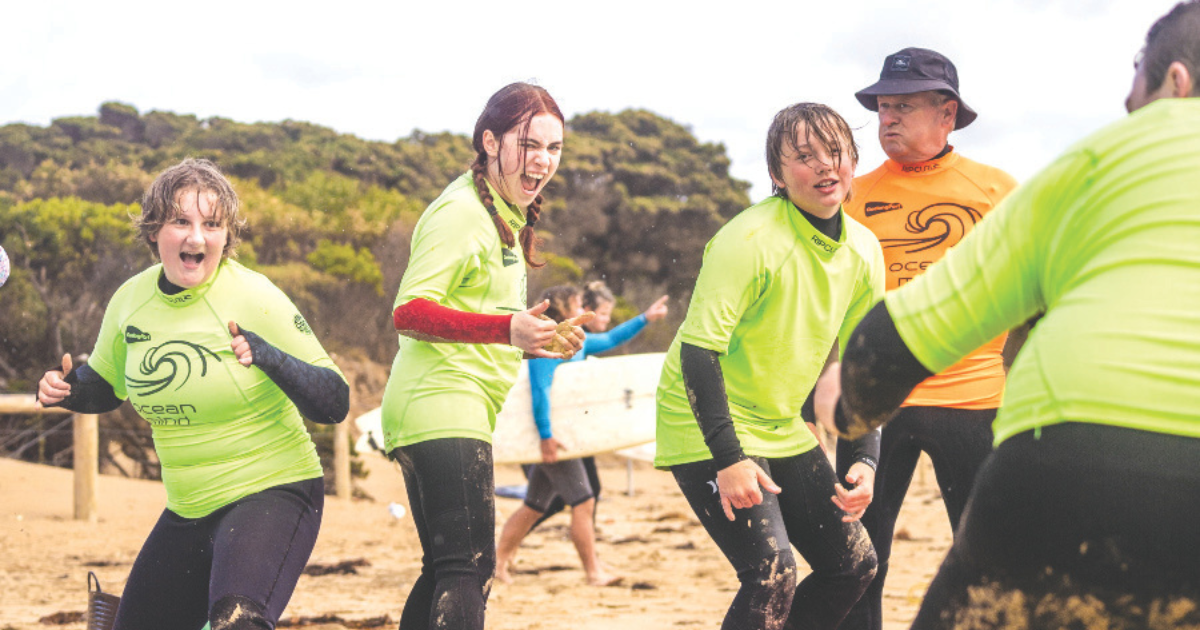Committee For Lorne: MAY COX
VERY MUCH THE RIGHT SORT OF PERSON
Following our recent article on May Cox, after whom it is proposed that the redrawn electorate of Corangamite be named, there have been a number of request for more information on this remarkable person (note the title that she has in the accompanying poster). Deb Campbell, who wrote the previous article has done some more research and discovered much more about May. Deb writes:
Born in 1883, May Cox began her career as a pupil teacher at Albert Park State School at 16, and at 27 was appointed the Education Department’s Organiser of Swimming and Lifesaving in 1910, making her one of the first women teachers to work in the head office of the Victorian Education Department.
Very famous throughout the state in her time as the best-known advocate and instructor of swimming for both boys and girls, she was both promoted and undervalued by the Department. May waged a seven-year campaign for equal pay with her male colleagues and eventually achieved it – in 1920. Her correspondence with the Department pointed out that those (males) she trained as swimming instructors such as Frank Beaurepaire got paid substantially more than she did.
May Cox advocated strongly for Victorian women and girls to take up swimming. While boys were required to learn to swim as part of their school-based military training, girls were being told to focus on motherhood. By 1913 she had already instructed more than 10,000 students as well as more than 5000 teachers in swimming diving and life-saving.
Swimming instruction is of course more than just healthy recreation – as the newspapers of the day made clear, the regular drownings of young people saw the Coroner calling for more swimming instruction for all young people.
Far from coy, May Cox’s name was advertised in the community and the media throughout Victoria and beyond, as these posters and newspaper articles show.
From the beginning of World War I, Cox’s work increased (without any additional salary). From 1914 to 1919, she combined her organiser’s role with the management of the Education Department’s patriotic activities when she was appointed as honorary organizing secretary of the Victorian State Schools Patriotic League (VSSPL), which raised the enormous sum of £422,470 [about $30M in today’s currency!] to aid to soldiers and returned service people.
Cox and her staff supported the committee, chaired by the minister and the director of education, Frank Tate. This was a second statewide promotional, management and organising role for Cox and involved work at which she excelled. She had developed effective school networks, had a high community profile and had already worked with military personnel who would from now oversee the patriotic programs.
The VSSPL, through Cox and her staff, mobilised the state’s two thousand technical, high, higher elementary and state schools to work for the war effort. During the war, as well as the money raised, around four hundred thousand ‘comfort’ articles, including 59,981 knitted socks, were provided by teachers and children. After the war ended in November 1918, substantial funds were left and Cox continued as the executive secretary (being paid an additional honorarium of £50 per annum. Whoopee!).
The committee eventually invested its proceeds of almost £100,000 to provide further benefits to returned soldiers. Significantly, one of its post–World War I funded programs still receives regular attention today: the Villers-Bretonneux school in France, rebuilt with Victorian schoolchildren’s patriotic funds, in memory of the Australian soldiers killed there. Sir Frank Tate laid its foundation stone in 1923 and was awarded the Legion of Honour in 1927 for his World War I services to France.
So there we go: Tate got a knighthood and a French honour, and May – well, she got equal pay, but not back pay! May retired in 1938 and immediately married. Many women in the public sector did the same: if they married while working, they were sacked.
May Cox was a woman of substance, style and élan: she was an innovator, a skilled organiser and someone who inspired many – and saved a lot of lives: who better to have as the namesake of our electorate by the sea?
For much more on Miss May Cox seewomenaustralia.info/leaders/sti/pdfs/14_Towns.pdf by Dr Deborah Towns, and many thanks to her for the images and her generous assistance.
Deb Campbell


















